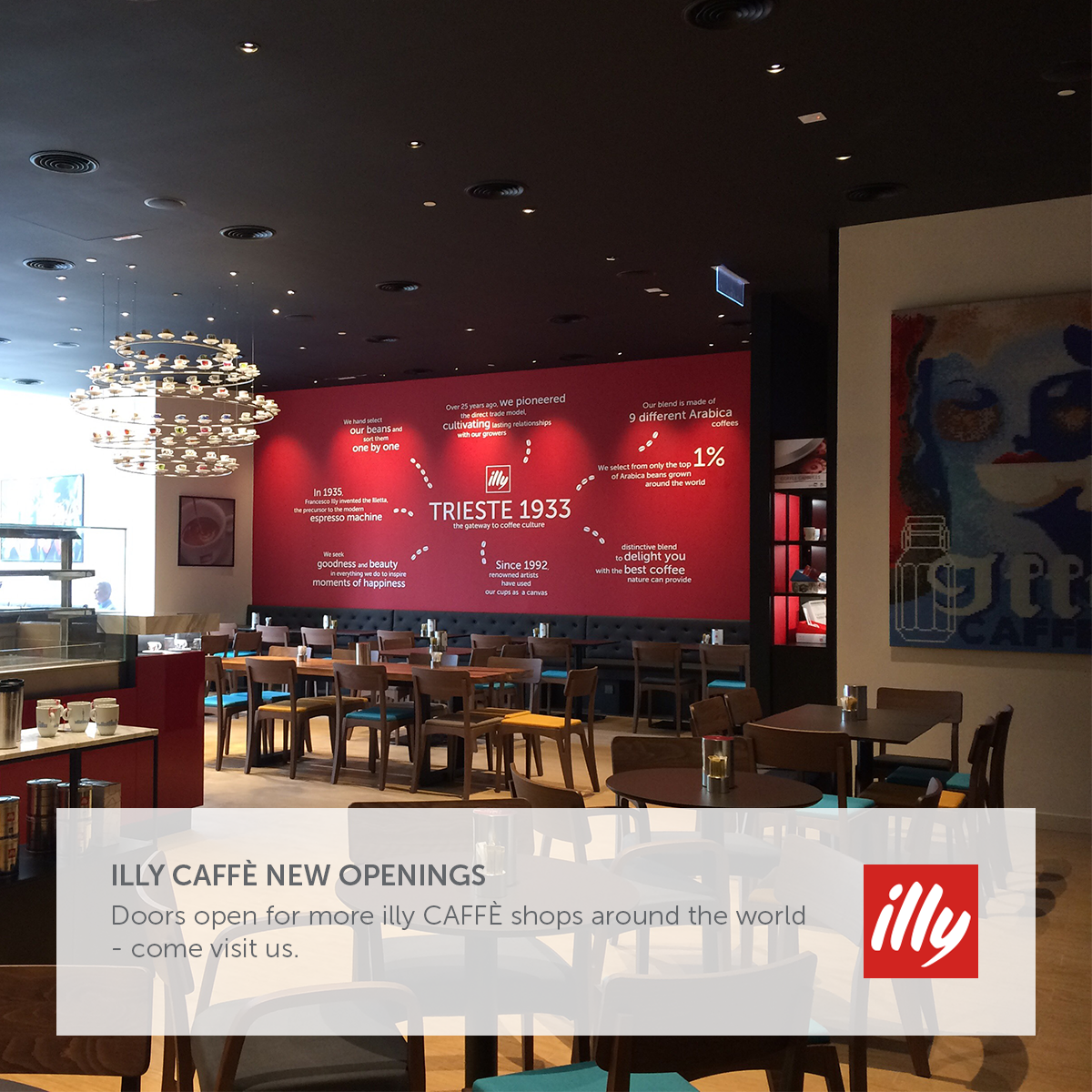
Then, in 1991, the company began directly sourcing beans from coffee growers in Brazil to guarantee a reliable supply of high-quality, sustainably farmed beans. Inspired by practices he saw in Japan, Illy developed a ‘total quality’ programme to set standards at the company and for the industry. To ensure illy was delivering on its mission to make the world’s best coffee – and bought only the highest quality beans during this tumultuous period – he made some changes. In 1990, Andrea Illy, armed with a chemistry degree, joined the family business as a quality supervisor. The market was flooded with often low-quality coffees. Meanwhile, new coffee exporters like Vietnam emerged, leading to oversupply and lower prices. Following the dissolution of an international coffee agreement in the late 1980s, which fixed prices and guaranteed quantity and pricing quotas, a black market thrived and prices plummeted. Pursuing that mission has not always been a smooth process. One is to “create and share superior stakeholder value over time through our commitment to improvement, transparency, sustainability and people development.” Another is to inspire everyone in the value chain – “from bean to cup” – to create what the company calls “beautiful experiences” and products to delight customers. The company’s values underscore that mission. “In order to be creative in your life, you need to be inspired, and in order to be inspired, you need to be happy.” “That’s the real goal in life,” says Illy. Even more simply, illy is about happiness.

The company’s purpose is to deliver the world’s best cup of coffee by pursuing excellence for everyone involved. And at a time when there is a heightened sense that business should be about a purpose beyond profit, illy’s approach serves as a good example.Īndrea Illy, his sister and two brothers stay true to the purpose and values set by their grandfather, Francesco, who started the business in 1933, and their father, Ernesto, who ran it until 1994.

Their competitive advantage comes from benefitting all stakeholders, not just those with financial stakes. Liberated from quarterly financial demands, they are freer to put the needs of employees, suppliers, customers and society first. This approach to weathering business challenges by taking the long view is typical of many family businesses.


 0 kommentar(er)
0 kommentar(er)
